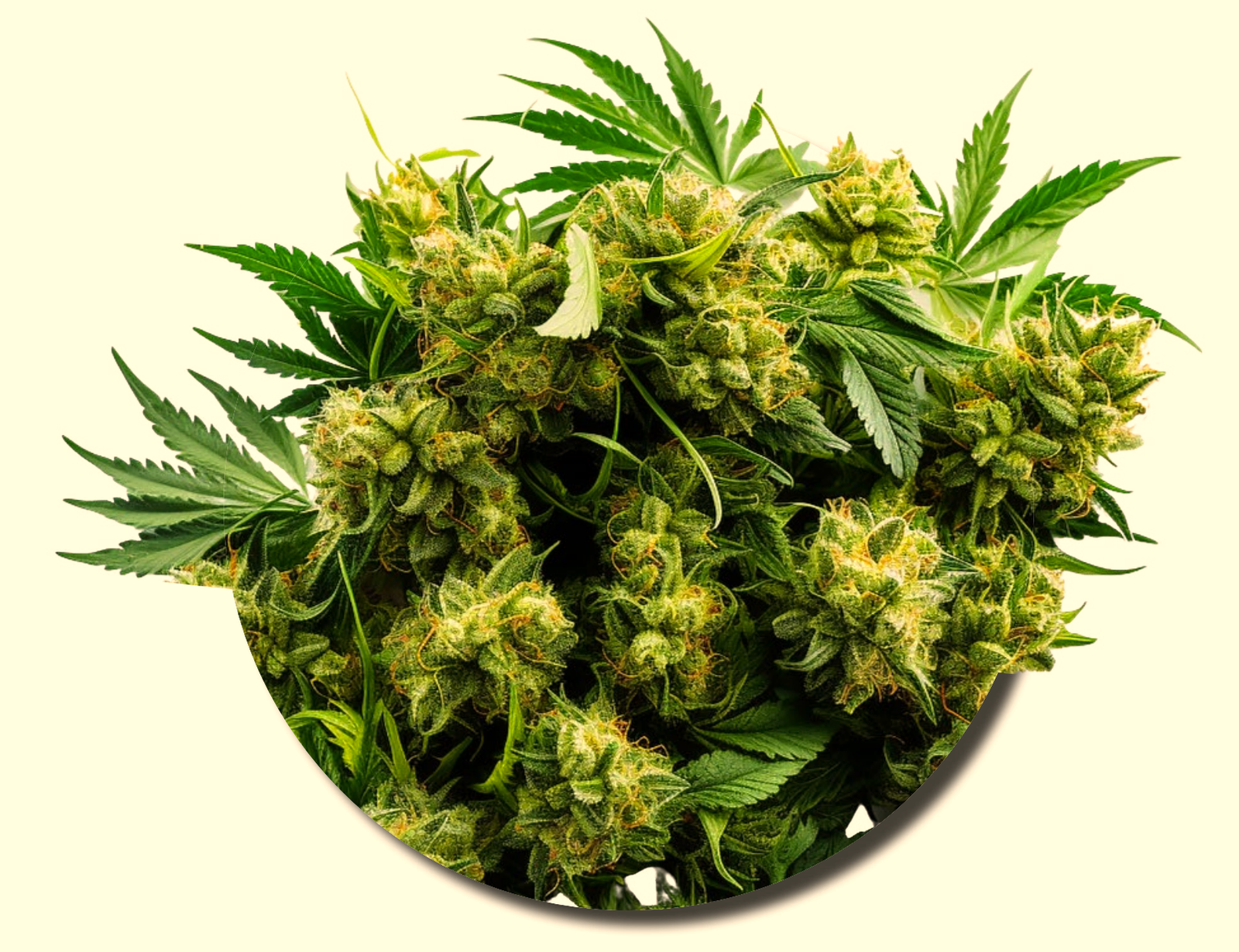The U.S. Cannabis Roundtable, a leading national trade organization, is optimistic that federal cannabis rescheduling is still on the agenda under President Donald Trump. However, a spokesperson indicated that the timeline for this change remains uncertain due to other pressing political priorities the president is currently facing.
Despite recent announcements from the Drug Enforcement Administration (DEA) that there are no immediate plans to advance the rescheduling process initiated under former President Joe Biden, David Culver, the senior vice president of public affairs for the U.S. Cannabis Roundtable, mentioned that discussions with the White House indicate marijuana reform is still a part of the administration’s agenda.
Culver expressed that the DEA’s recent actions felt like “kicking the can down the road,” but he reassured that this should be seen as a mere delay rather than a permanent setback for cannabis rescheduling. He stated that while the DEA has control over the process, they will ultimately need direction from the president to move forward.
Culver highlighted Trump’s previous commitment to support transitioning cannabis from Schedule I to Schedule III and to endorse the SAFE Banking Act, referring to remarks made last October. He emphasized the urgency of understanding when these changes might take place, as many in the cannabis industry are anxious. He is actively engaging with industry leaders to encourage a more positive outlook amidst their struggles.
Culver noted that he is not overly concerned about past anti-cannabis stances held by some Trump appointees, including Attorney General Pam Bondi and DEA chief Terrance Cole. He pointed out that Trump typically does not allow dissent within his administration regarding his agenda and that the industry must patiently wait for the president to prioritize cannabis reform.
According to a report from CNN, members of Trump’s team attempted to advance a version of the SAFE Banking Act through Congress in December, which, although unsuccessful, signals potential support from some administration officials for cannabis reform. Culver remarked that there are influential figures within the administration who are very supportive of cannabis reform, and he noted that Trump’s perspective on the issue has evolved, especially after witnessing the medical benefits of cannabis through his personal connections.
Culver also identified that the primary challenge for the cannabis industry in Washington, D.C., is gaining attention amidst the chaos of other major issues like international tariffs and immigration, which currently dominate the administration’s focus.




